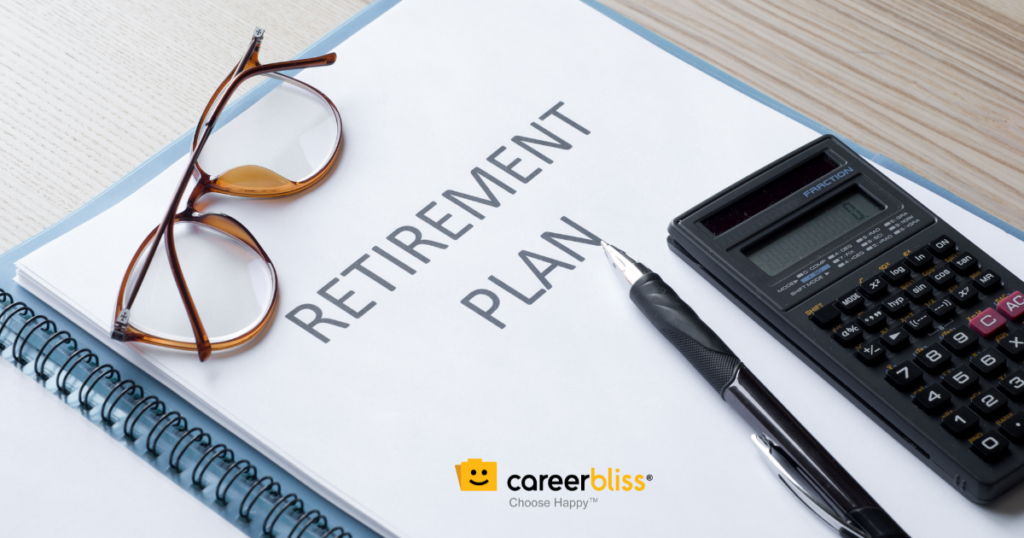Retirement is an important phase of life that requires careful planning and preparation.

Here are some key aspects to consider and things to know about retirement:
- Financial planning: Adequate financial planning is crucial for a comfortable retirement. Start by estimating your retirement expenses, including housing, healthcare, daily living costs, travel, and leisure activities. Assess your current savings, investments, and retirement accounts to determine if you’re on track to meet your goals. Consider working with a financial advisor who specializes in retirement planning to develop a comprehensive plan.
- Retirement savings vehicles: Familiarize yourself with retirement savings options available in your country, such as employer-sponsored plans (e.g., 401(k) or pension plans), individual retirement accounts (IRAs), or self-employed retirement plans. Understand the contribution limits, tax advantages, and withdrawal rules associated with each type of account.
- Social Security and government benefits: Educate yourself about the social security system and government benefits available in your country. Learn about the eligibility criteria, how benefits are calculated, and when you can start receiving them. Consider the implications of starting benefits early versus delaying them to maximize your income during retirement.
- Healthcare coverage: Healthcare is a significant consideration in retirement. Understand your health insurance options, including employer-provided coverage, Medicare (for those in the United States), or private insurance plans. Research the costs, coverage, and enrollment timelines associated with each option to ensure you have appropriate healthcare coverage in retirement.
- Long-term care planning: Long-term care, such as assisted living or nursing home care, can be expensive. Consider the potential need for long-term care and explore insurance options or savings strategies to address these costs. Long-term care insurance policies can help cover expenses associated with extended care.
- Lifestyle adjustments: Retirement often involves a significant lifestyle shift. Consider how you want to spend your time and plan for activities, hobbies, travel, or volunteer work that bring fulfillment and purpose to your life. Think about how your social connections may change and proactively seek opportunities to stay socially engaged.
- Estate planning: Review and update your estate plan to ensure your assets are distributed according to your wishes. Create or revise your will, establish powers of attorney, designate beneficiaries for retirement accounts and insurance policies, and consider setting up a trust if necessary. Consult an estate planning attorney to guide you through the process.
- Health and well-being: Maintain good physical and mental health in retirement. Adopt a healthy lifestyle by staying active, eating well, and seeking regular medical check-ups. Engage in activities that promote mental and emotional well-being, such as socializing, pursuing hobbies, and practicing stress management techniques.
- Consider phased retirement or encore careers: Retirement doesn’t necessarily mean complete withdrawal from work. Some individuals opt for phased retirement, gradually reducing their work hours or taking on part-time roles. Others choose to pursue encore careers, exploring new interests or careers that provide personal fulfillment and supplemental income during retirement.
- Stay informed and adapt: Keep abreast of changes in laws, regulations, and economic factors that may impact your retirement plans. Be flexible and willing to adapt your retirement strategy as circumstances evolve.
Retirement is a unique journey for each individual. The more you educate yourself, plan ahead, and seek professional advice when needed, the better equipped you’ll be to enjoy a fulfilling and financially secure retirement.
To find a job that is best suited for you search CareerBliss.com/Jobs today.

